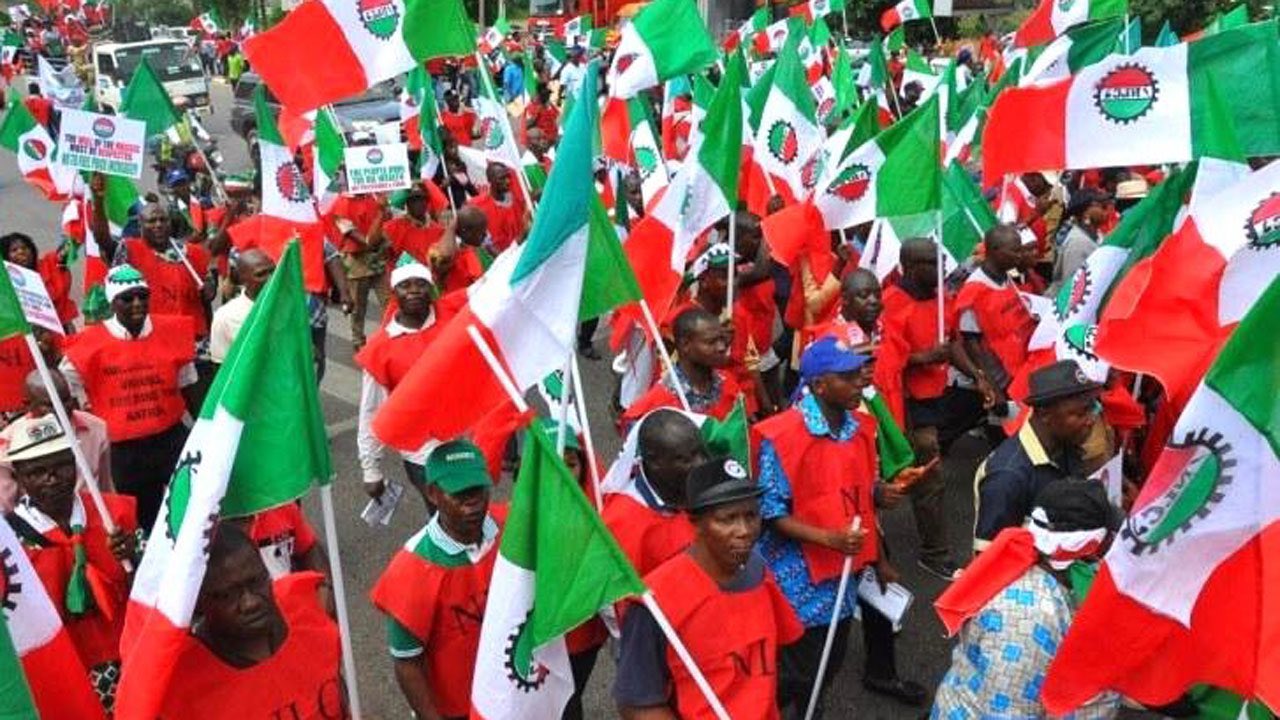The Nigeria Employers’ Consultative Association (NECA) has called on the Organised Labour to prioritize job security amid ongoing negotiations for a new national minimum wage. NECA stressed the importance of agreeing on a realistic and sustainable wage figure, pointing out that many companies have exited the country, shut down, or altered their business models in the past three years.
During a NECA Forum with the Labour Writers Association of Nigeria (LAWAN), NECA Director-General Adewale Smart Oyerinde emphasized the need for labour to focus on protecting jobs, enhancing the private sector's capacity to create employment, and ensuring sustainability and ability to pay. He also highlighted the significant role of Small Medium Enterprises (SMEs) in job creation.
Currently, the Nigeria Labour Congress (NLC) and the Trade Union Congress (TUC) are demanding a national minimum wage of N250,000, while the Federal Government has offered N62,000. Oyerinde noted that if employers are to pay the proposed N62,000 minimum wage, discussions on productivity must be included.
“Everything basically rests on the economy. Can the economy carry it? Can organised businesses as it constitutes, carry it? Those are parameters that we can’t run away from,” Oyerinde stated. He underscored the importance of considering the economy's capacity, businesses' ability to pay, enterprise sustainability, and workers' needs in the wage discussions.
READ ALSO
Labour Rejects Tinubu’s Claim of Minimum Wage Agreement, Demands Clarity and Fair Deal
Labour Rejects ₦62,000, Insists on ₦250,000 Minimum Wage
Oyerinde also stressed the need to adhere to the rule of law concerning the National Minimum Wage as outlined in the ILO Convention 131. He clarified that the submission by the tripartite committee was an alignment of interest rather than an agreement, and the matter is now pending a decision from President Bola Tinubu.
Highlighting the potential risks of the labour demand, Oyerinde warned that an excessive increase in the minimum wage could cripple SMEs and other businesses, emphasizing the need to balance workers' needs, economic conditions, ability to pay, and productivity.
He pointed out that businesses are already grappling with challenges like multiple taxes, levies, high power costs, rising interest rates, and fluctuating exchange rates. NECA urged the government to expedite its interventions to alleviate these burdens on workers, businesses, and Nigerians.
“Any disruption of organised businesses’ activities could have serious consequences on job security and the sustainability of businesses. Businesses need to be alive and stay sustainable for jobs to be created and for the government to generate taxes,” Oyerinde concluded.





One thought on “NECA Urges Labour to Prioritize Job Security in Minimum Wage Negotiations”